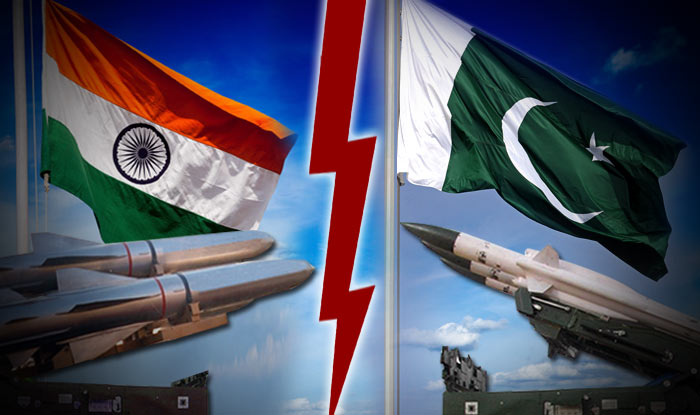Kashmir Amid Conflict: No Panic Buying, But Economic Struggles Deepen
Srinagar 07 May 2025 : Kashmir has long been a region marked by political instability, security concerns, and economic uncertainty. However, the current crisis is unfolding in an unprecedented manner—while past conflicts have led to panic buying and stockpiling, this time, the markets remain largely stable, except for a surge in demand at chemist shops.
This shift reflects a significant decline in purchasing power, with residents prioritizing medicines over food and essentials. Unlike previous crises, where markets emptied overnight, Kashmiris are adapting to financial constraints rather than reacting impulsively.
What’s Different This Time?
Unlike past conflicts, where panic buying was widespread, this time:
- No mass stocking of food & supplies—people are maintaining normal consumption patterns.
- No panic buying—residents are calm and composed, avoiding unnecessary hoarding.
- Limited medicine stocking—only essential drugs are being stored, not excessive quantities.
- Daily life continues—shops remain open, and movement is relatively unrestricted.
Why Is There No Panic Buying?
1. Declining Purchasing Power
The Kashmiri population appears financially drained, unable to stockpile essentials as they might have in previous conflicts. Economic hardships have weakened consumer spending, forcing people to prioritize necessities over bulk purchases.
2. Shift in Priorities
Instead of hoarding food and supplies, people are focusing on medicines, possibly preparing for long-term health concerns. This suggests that health security is now a bigger concern than food security.
3. Resilience Over Fear
Unlike past instances of panic buying, Kashmiris seem to be adapting to uncertainty rather than reacting impulsively. Years of conflict have taught people to manage crises differently, relying on community support and measured decision-making.
Economic & Social Impact
1. Struggling Local Businesses
-
- Retailers and suppliers are facing reduced consumer spending, leading to lower profits and financial instability.
- Small businesses are particularly affected, with many struggling to stay afloat amid declining sales.
2. Overwhelmed Pharmacies
-
- Chemist shops are witnessing a surge in demand, indicating health concerns may be more pressing than food security.
- Shortages of essential medicines could become a problem if supply chains are disrupted.
3. Government Intervention Needed
-
- Authorities may need to stabilize purchasing power by offering financial relief and subsidies.
- Ensuring steady availability of essentials can help prevent future crises.
Bottom-Line
Kashmir’s current crisis is unlike previous conflicts, with no panic buying, no hoarding, and a shift in priorities toward healthcare. While the political and security landscape remains tense, the absence of panic buying suggests a new level of resilience among the people.
However, long-term economic challenges and supply chain disruptions could still impact daily life. As Kashmir navigates this new reality, the focus must shift toward economic recovery, healthcare stability, and community resilience.



